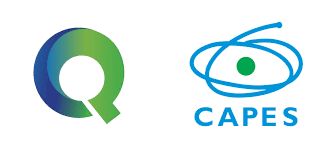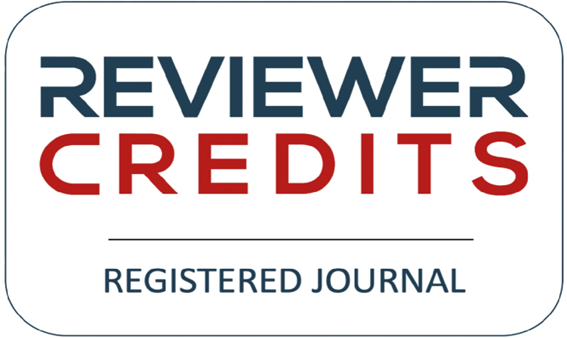FOMENTO PARANÁ E “BANCO DO EMPREENDEDOR - MICROCRÉDITO FÁCIL” COMO INSTRUMENTOS DE INCLUSÃO FINANCEIRA NO MUNICÍPIO DE MARINGÁ-PR
Palavras-chave:
Inclusão financeira, Fomento Paraná, microcrédito, microempresários.Resumo
O presente artigo teve por objetivo analisar a linha de microcrédito “Microcrédito Fácil”, ofertada pela agência de fomento do estado do Paraná (Fomento Paraná) aos microempresários da cidade de Maringá, buscando identificar a importância desta linha de crédito, bem como da Fomento Paraná como instrumentos de inclusão financeira no município. A pesquisa se caracterizou como um estudo qualitativo e descritivo, utilizando-se da pesquisa documental e entrevistas semiestruturadas como instrumentos de coleta de dados. A pesquisa documental foi realizada por meio de documentos e banco de dados disponibilizados pela instituição pesquisada. Entrevistas com dirigentes da Fomento Paraná e com cinco microempresários maringaenses foram realizadas, visando corroborar os dados da pesquisa documental. Os dados foram analisados por meio da análise de conteúdo. Pôde-se perceber a importância da atuação da Fomento Paraná como instrumento de inclusão financeira, tendo em vista que possibilitou acesso ao crédito, com taxas mais baratas e com menor burocracia que a apresentada pelos bancos comerciais. Por meio da linha de crédito pesquisada, a instituição injetou R$ 4.338.923,26 na economia do município, contribuindo para movimentar a economia local.
FOMENTO PARANÁ AND “BANCO DO EMPREENDEDOR - MICROCRÉDITO FÁCIL” AS INSTRUMENTS OF FINANCIAL INCLUSION IN THE CITY OF MARINGÁ-PR
ABSTRACT
The purpose of this paper was to analyze the microcredit line “Microcrédito Fácil”, offered by the Parana state developing agency (Fomento Paraná) for the microentrepreneurs in the city of Maringá, seeking to identify the importance of this credit line, as well as the Fomento Paraná as instruments of financial inclusion in the municipality. The research was characterized as a qualitative and descriptive study, using documental investigation and semi-structured interviews as tools for data collection. The documental research was carried out by documents and database made available by the inquired institute. Interviews with the Fomento Paraná directive board and with five Maringá microentrepreneurs were performed, looking forward to corroborating with the documental research. The data was analyzed using content analysis. It was possible to notice the importance of the Fomento Paraná as a financial inclusion instrument, given that it provided access to credit with cheaper rates and less bureaucracy than that presented by commercial banks. Using the researched credit line, the institution injected R$ 4.338.923,26 into the municipality’s economy, contributing to livening up the local economy.























